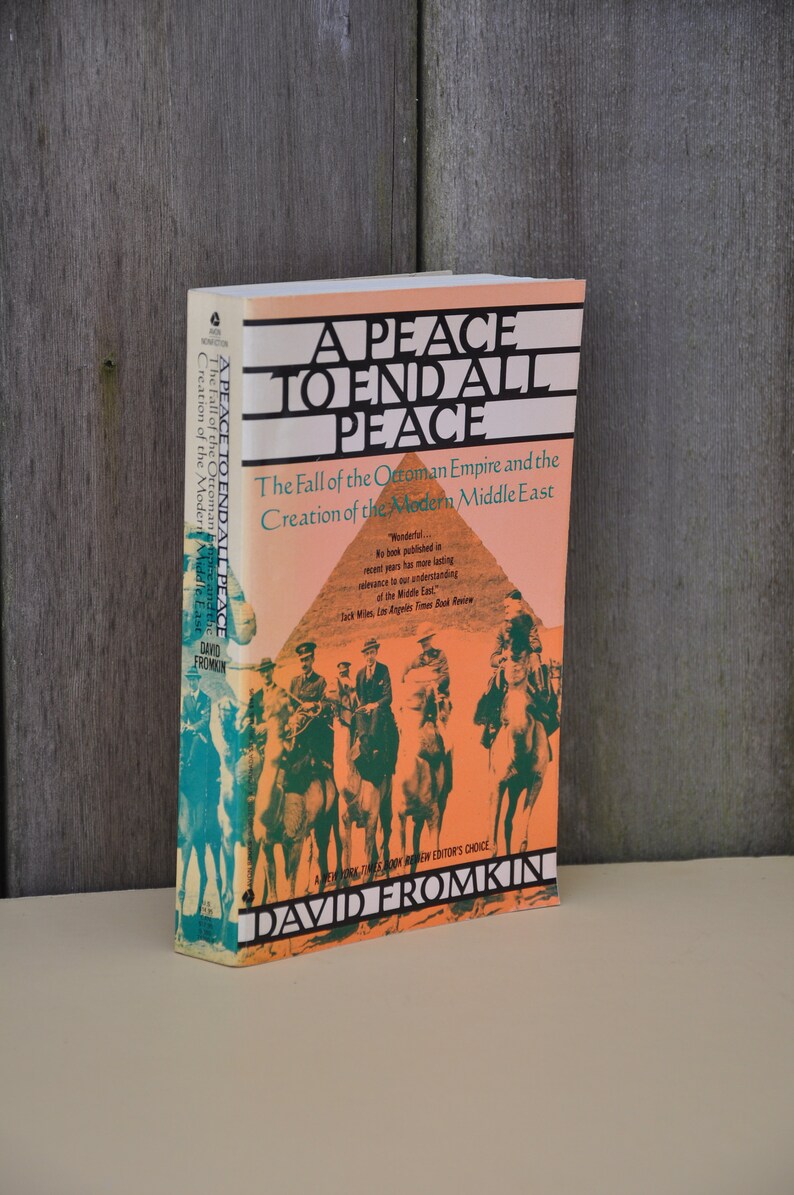

Fromkin was way ahead of his time – in the 1980s, when he was writing A Peace to End All Peace, the “enemy” that Western audiences had to understand was still the communist USSR, not the Muslim world. Our focus on history is always determined by the present situation. For them, it was pretty much just about Queen Victoria’s grandsons and trench warfare in France.īut, this ignorance towards WWI might change in years to come. Those young Muslims who grew up in the West, even if they did pay attention in history class, are generally not even exposed to role of Muslims and the Middle East in the conflict. In recent years it has started to receive some attention from Muslims, but not because it was a complex historical event that needs to be researched and understood – instead, it is described as some kind of Western conspiracy to destroy the “ khilāfah” (i.e. Learning about Muslims all over the Middle East pathetically standing by as politicians in London and Paris decided their future doesn’t really make us as happy.īecause of this, WWI is rarely a subject of any serious discussion in the Muslim community. Considering the decadent situation of the Muslim community today, we prefer to look further back in history, to a time when Muslims dominated the known world in just about everything. But probably the more important reason is that the historical narrative presented in this book isn’t necessarily one for Muslims to be proud of. For example, the book hasn’t yet been translated into Arabic, Turkish, Urdu, or any other native language of millions of Muslims. For the community that is affected most by these developments – the Muslims – revisiting A Peace to End All Peace is even more important.īut it’s unlikely that very many Muslims have read it, for several reasons.

Even today, more than 25 years later, it remains an essential reading for anyone really trying to understand current developments in the Middle East, including the Arab Spring, the rise of ISIS, and the Iranian Nuclear Deal. It is a very detailed historical study, the first of its kind, on the role of the Middle East in European politics during World War I and immediately afterwards. In 1989, the American lawyer and historian David Fromkin published A Peace to End All Peace: The Fall of the Ottoman Empire and the Creation of the Modern Middle East.


 0 kommentar(er)
0 kommentar(er)
